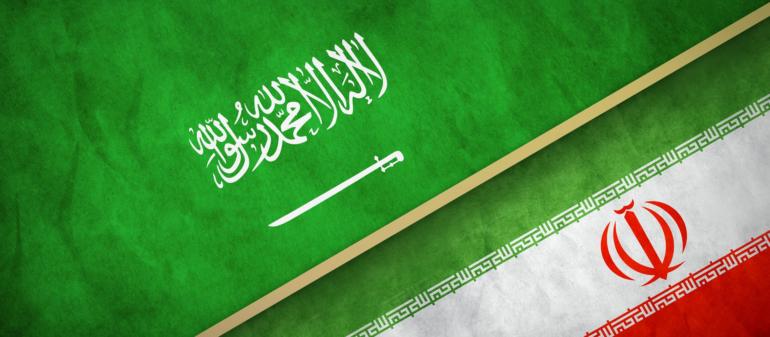Saudi Arabia and Iran have been locked in a struggle for regional dominance for decades. And in recent years, their rivalry has been exacerbated by proxy wars across the Middle East.
Confirmation this week that the two countries are engaged in direct talks is raising hopes for a de-escalation in tensions. There is a lot at stake – with efforts to end the 6-year Yemen war and talks to restore the 2015 Iran nuclear deal.
Joining the discussion:
- Mohammad Marandi is the Chair of American Studies at the University of Tehran.
- Jonathan Broder is a Contributing Editor at Congressional Quarterly and SpyTalk.
- Edmund Ghareeb is an academic and Middle East expert.
- Salman Al-Ansari is the Founder and President of the Saudi American Public Relation Affairs Committee.
For more:
Iran's foreign minister says talks with rival Saudi Arabia could spur “greater cooperation” and help end the war in Yemen https://t.co/YFDkkhpwDY
— Bloomberg (@business) May 12, 2021
"We welcome resolving of the issues that have existed between the two countries… We will use our best efforts in this regard"
– Saeed Khatibzadeh, Iran's Foreign Ministry spokespersonhttps://t.co/msI6kx3skS
— Middle East Eye (@MiddleEastEye) May 11, 2021
President Biden and Iran’s leaders say they want to re-enter the nuclear deal that President Trump scrapped three years ago.
But after weeks of talks, it has become clear that the old deal no longer works for either of them, except as a steppingstone.https://t.co/ARKfm9IfBN
— New York Times World (@nytimesworld) May 10, 2021
 CGTN America
CGTN America

